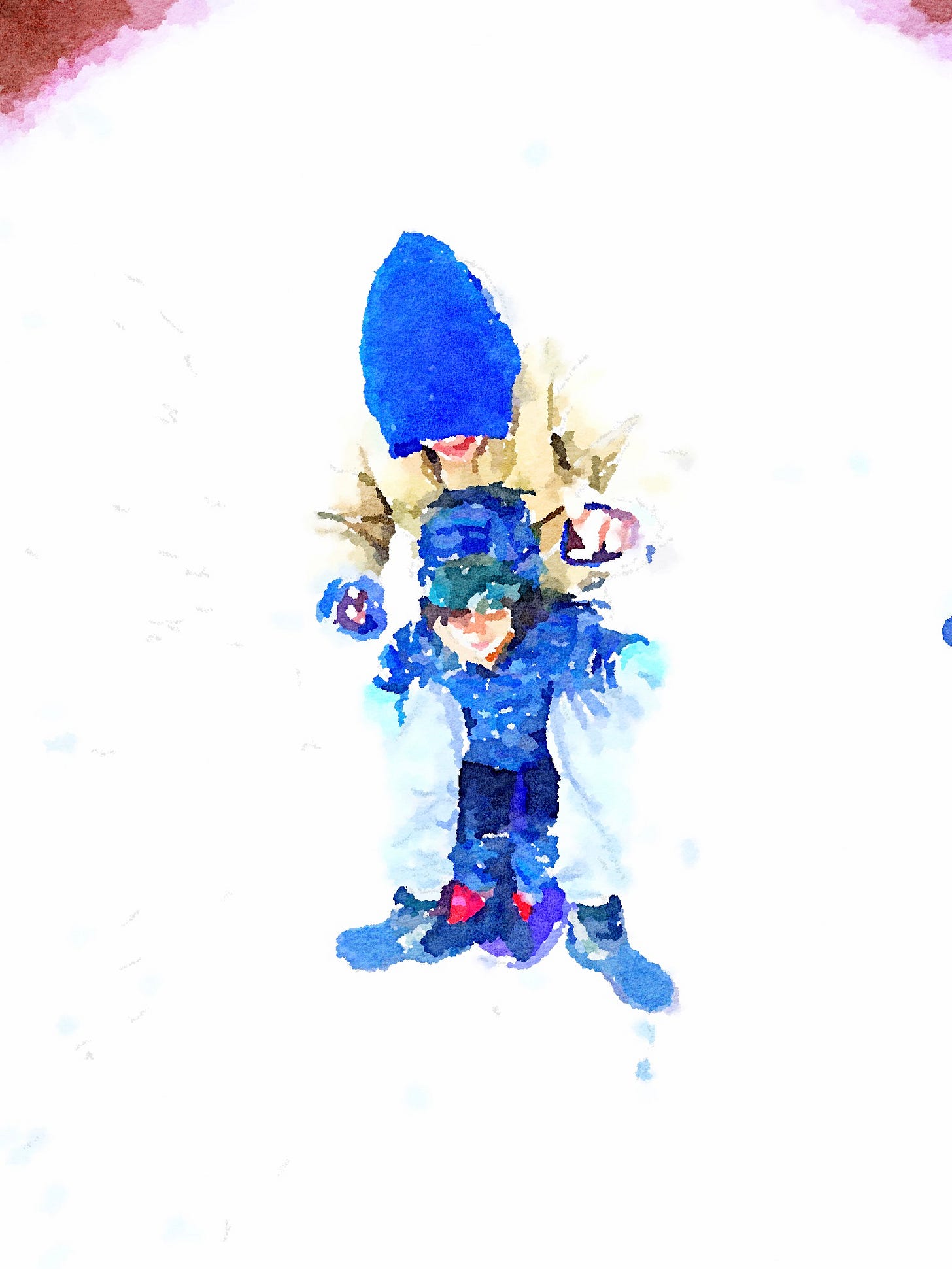On Curiosity: Surrendering our idea of the story to let the larger story emerge (on the page and in life)
Lit Salon on the power of "What If?" and the glory of letting ourselves not know, plus three valuable exercises for increasing our writerly curiosity over time
“Our job as writers is to be curious as a child, to see things for the first time and to never assume. We must always be willing to surrender our idea of the story to allow the larger story to emerge.” — Alan Watt
I love this quote from Alan Watt (and yes, it is Alan Watt, author of The 90-Day Novel, not Alan Watts, the British and American writer, speaker, and self-styled "philosophical entertainer”). Watt’s words express my own feelings exactly. And yes, our job is also to make language capable of telling the truth again, but we cannot do that without curiosity. Indeed, lack of active curiosity, and from that dry well, lack of active questioning, is part of how language lost its grip on truth in the first place.
Without curiosity, our writing cannot be alive, because curiosity is the life force that animates the text which can otherwise only ever be two-dimensional. And the more curiosity we can bring to the work, the more alive it can become. As literary artists, our commitment to t…



